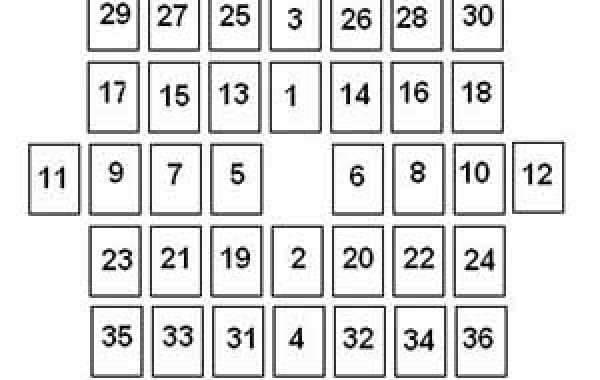Students must provide long, written responses to questions in the Social Sciences, History, English, General Knowledge, and several other courses. There is generally a time limit and a specific number of questions to respond to with or without option, so the student is under a lot of pressure to give it their all in a limited amount of time under exam conditions.
This article will present a variety of ways to assist the student in demonstrating what he or she understands to the examiner in the most effective manner feasible for students' learning.
It is based on the author's experience sitting for several official examinations during his school and university years, as well as teaching pupils how to cope with these tests over his lengthy career in the classroom.
1. Basic Instructions
Perusal time is provided in most formal examinations. This is the point at which the actual work begins. You, the student, must complete the following throughout this time:
- Carefully read the instructions to determine how many questions you must answer.
- Determine how much time to devote to each question. Allow time for checking and modifying.
- Read the questions carefully.
- If you have an option, choose the questions you can best answer.
- Determine which questions are the simplest and most difficult to answer.
- Start writing notes on the examination paper regarding each question if there is still time.
2. How to answer questions in the Exams.
When the exam starts, answer the questions in the order that they appear on the screen, from easiest to toughest. This is for a variety of reasons. They are as follows:
- You'll start by coming up with your best response. This permits you to make a strong first impression on the examiner.
- You will be self-assured since you know you can give a decent response.
- You're in a good mood and aren't under any time constraints. This helps you to plan ahead of time and get off to a good start.
- Questions on which you are most knowledgeable help you to work quickly and finish within the allotted time, allowing you to devote more time to the more difficult questions.
3. Read first
When it's time to get started, go back and read the first question to make sure you understand what you're supposed to accomplish. Then read it slowly again, underlining or highlighting the terms that tell you what you need to do, such as compare and contrast, compose an essay, and so on.
4. The First paragraph is important
Now, make sure that the question is built around these action words and the topic that the inquiry suggests. Use the first paragraph to express how you feel about the topic, or to state your stance.
Make your claims in favor of your stance in each of the following paragraphs, and back them up with evidence. Your conclusion should summarize and restate your point of view.
5. Do not 'pad' your response
Do not 'pad' your response. To get your point though, it's preferable to be succinct and show what you know. Be positive. Padding does not increase your score and wastes time that may be better spent on other questions or preparing and refining your work.
6. Revise
Allow time at the conclusion of each question to revise your work. Begin by rereading the question. Then go through your response to make sure you did what you were supposed to.
Even though you may have fewer data to work with on the harder questions at the end, you must still provide the best response you can. Plan ahead of time and present your case as though you are an expert on the subject.
If you know you won't have time to finish these last questions, write out your strategy for answering the question in draft form so the examiner can see how you want to respond.
7. Time management
Make a note of the time you began each question as well as the time you expect the question to be completed. Remember that taking more time to answer a question does not get you more points. In fact, spending less time on other questions might lose you points.
8. Make your answers readable
It is critical to demonstrate your knowledge in the most effective manner possible. Mental strength is necessary for the exam hall. Make sure your writing is readable and your organization is tidy and simple to follow.
9. Be strategic
You must understand that you will not be able to put this strategy into action the first time you sit for a formal exam. During all of the practice exams your professors provide you, you must use these tactics.
You must also assess how you employ these tactics in each test, whether it is a practice or a real one, in order to determine how you may enhance your performance in the next one.
Take away
Show up your ingenuity, inventions, and creativity. Having a winning strategy for you will take the majority of the stress out of the exam situation and allow you to demonstrate your knowledge in the most effective way possible.
© Ahemed Shamim Ansary








